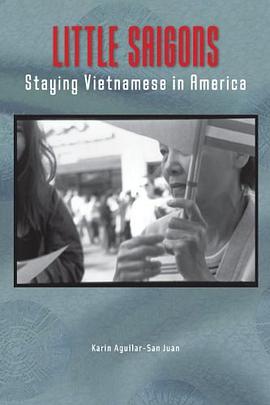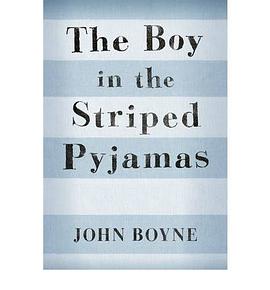

具体描述
During World War II, the rising visibility of anticolonial and antiracist movements exposed contradictions between the U.S. democratic mission in Europe and racist practices against people of color at home. Yet the professional success stories of people of color gave ideological support to the notion that liberal antiracism was spreading within the United States.Challenging conventional accounts of U.S. ethnic literature rooted in 1960s and 1970s social movements, Cynthia H. Tolentino sees this literary work as emerging from a political climate in which arguments about the integration of racial minorities and the moral legitimacy of U.S. international leadership are intertwined. Probing how sociologists including Robert E. Park, Gunnar Myrdal, and Emory Bogardus situated Asian Americans, Filipinos, and African Americans as model citizens and problems, Tolentino contends that such studies served as a staging ground for writers of color to become narrators of racial identity, citizenship, and U.S. neocolonialism.Tracing the literary engagements of Richard Wright, Carlos Bulosan, and Jade Snow Wong with the sociology of race, Tolentino assesses their works as critical expressions of class negotiation on the global stage and illuminates the significance of U.S. ethnic literature.
作者简介
目录信息
读后感
评分
评分
评分
评分
用户评价
相关图书
本站所有内容均为互联网搜索引擎提供的公开搜索信息,本站不存储任何数据与内容,任何内容与数据均与本站无关,如有需要请联系相关搜索引擎包括但不限于百度,google,bing,sogou 等
© 2026 book.wenda123.org All Rights Reserved. 图书目录大全 版权所有




















